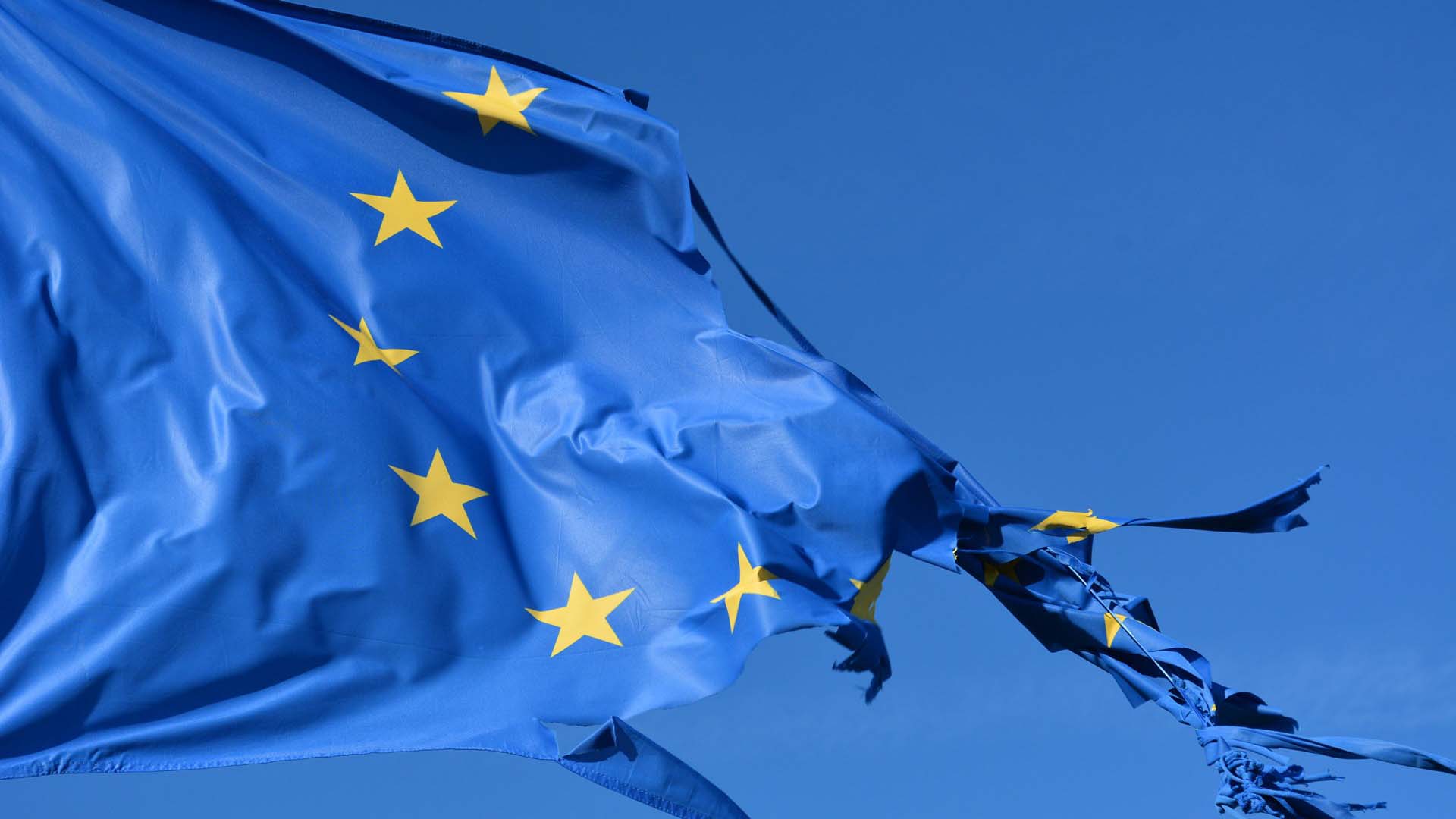
This is Niche Gamer Tech. In this column, we regularly cover tech and things related to the tech industry. Please leave feedback and let us know if there’s tech or a story you want us to cover!
An alleged leaked EU document reveals plans for a new law, designed to tackle hate speech across “all digital platforms.”
The alleged “Commission note” comes via Netzpolitik– a German news blog. The note was allegedly written by officials in the Commission’s Directorate-General Connect, and lays the ground-work for discussions to form proposals for future laws.
Attempting to ask EU officials about the note, a spokesperson told Netzpolitik “The Commission never comments on leaked documents.” If true, this may add to its credibility. You can view the alleged Commission note here (hosted by Netzpolitik).
The seven page note (eight if you include the blank final page) opens with the concerns of how hate speech, disinformation, and laws regarding digital businesses are tackled across the EU:
“(1) Social networks face multiple divergent rules for removing illegal hate speech on their services in different Member States (eg. Germany, France), and different rules for text or video material. As a result, the fight against online hate ls expensive and inefficient across the Single Market, without binding safeguards for freedom of expression.
(2) There are no common legally binding rules on online advertising services in the EU, including for political advertising across borders. As a result, cross-border micro-targeted disinformation campaigns are easy to set-up, but difficult to detect. (3) Digital collaborative economy services increasingly face uncoordinated national or even regional regulation of their services and no standards exists for information exchange with local or national authorities (e.g. on tax matters). As a result of this legal fragmentation, lack of enforcement (e.e. of the E-Commerce Directive), and the lack of information for regulators, home-grown collaborative economy start-ups such as Taxify cannot scale-up across the EU and grow to compete with US rivals such as Uber.”
The note continues, stating how with the different local laws it makes it harder to combat hate-speech and makes it harder for new online-focused businesses. It also states the original E-Commerce Directive law had “regulatory gaps” in it.
The note proposes three initial ideas as possible objectives and its scope:
- “To provide providers of digital services with a clear, uniform, and up-to-date innovation friendly regulatory framework in the Single Market;
- To protect, enable, and empower users when accessing digital services;
- To ensure the necessary cooperation among Member States, together with the adequate and appropriate oversight of providers of digital services in the EU.
The scope would cover all digital services, and in particular online platforms. This means that the clarification would address all services across the internet stack from mere conduits such as ISPs to doud hosting services; while a special emphasis in the assessment would be dedicated to updated rules for online platforms such as social media, search engines, or collaborative economy services, as well as for online advertising services.”
The note then proposes a “refit” of the E-Commerce Directive law is proposed with a future-proof “Digital Services Act or Digital Service Code.” Later, the note mentions utilizing the “Commission Recommendation on measures to effectively tackle illegal content online.” You can read that here (hosted by the official European Union website).
Speculation has been rife, and fueled by earlier alleged leaks from news websites such as Contexte, originally believing the laws were designed be levied against large US tech companies such as Google, Amazon, and Facebook.
Concerns come that by tackling “hate speech”, the law could infringe on free-speech (especially those of right-wing political beliefs) much like what Google and other social media platforms have been accused of by the US Senate in recent discussions.
Likewise the US’ “Allow States and Victims to Fight Online Sex Trafficking Act of 2017” (H.R.1865) began to hold platforms responsible if their website was used for services believed to be linked to sex trafficking (whether the platform holder knew or not).
This is speculated to be the reason Backpage and Craigslist removed their personals section, and even why Tumblr attempted to remove all pornographic content on their website. While the E-Commerce Directive currently has it so platform holders are not liable for what users upload in many instances, there is concern this will be removed with the new law.
Others have expressed concern that the law may force websites such as PayPal and other payment systems to refuse service to those falsely accused of hate speech. This would match concerns in the US with unsealed documents revealing “Operation Choke Point.”
On its surface, the law is designed to regulate payday loan companies, as well as making it easier for payment processors and banks to cut-off “high risk” businesses that may be engaged with illegal activity, such as firearms or drugs.
Instead it has been accused of allowing false claims of hate speech to shut down independent news reporters, and even a death metal record label. A lawsuit against it was dismissed in May of this year.
At this stage the Digital Services Act has not yet formed into a proposal, but with the controversial EU Article 11 and 13 internet copyright laws, many are concerned what Europe’s digital future could be.
What do you think? Sound off in the comments below!